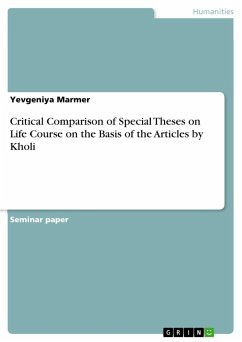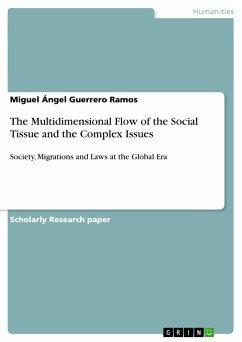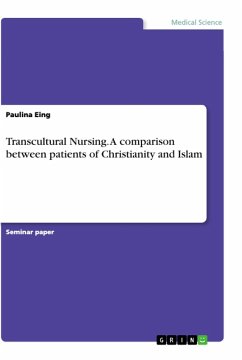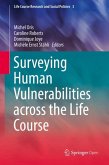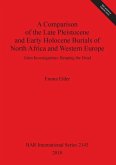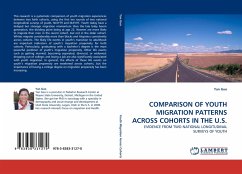Seminar paper from the year 2013 in the subject Social Studies (General), grade: 1,3, University of Hildesheim, language: English, abstract: For over 20 years now the concept of the institutionalized life course is being developed and now it became a broadly accepted and practiced theory amongst sociologists. The development of the theoretical background for the life course research can be located already in the first half of the 20th century, with important studies of this period performed by Znaniecki, F and Thomas, W.I. (1918) who designed the model of the "Life Cycle" or "Life History" and the "Model of Generation" by Karl Mannheim (1928) . Erikson/Clausen followed in the 1940s with the theory of "Human Development" along with Eisenstadt/Parsons with their "Model of Age Differentiation" . Then, in the 1960s and 1970s the latter model was subdivided into the concept of "Age Stratification" by Riley, the concept of "Biography" by Bertaux, the concept of "Life Course" by Elder and the concept of "Cohort" by Ryder/Easterlin . In the 1980s the "Life Course" concept was developed into "The Tripartite Life Course in the Work Society" by Kohli and the "(Welfare) State" which is divided itself into "General" by Mayer/Müller and "Differentitation". The differential life course means that life course patterns can be different, meaning that country-specific patterns of life courses are differentiated according to gender, social class and interaction. This paper will try to provide a critical comparison of the special theses on the life course on the basis of the article "Institutialization of the Life Course: Looking back to look ahead" by Kholi (2007) and "Life Courses and Life Chances in a Comparative Perspective" by Mayer (2004).
Hinweis: Dieser Artikel kann nur an eine deutsche Lieferadresse ausgeliefert werden.
Hinweis: Dieser Artikel kann nur an eine deutsche Lieferadresse ausgeliefert werden.

